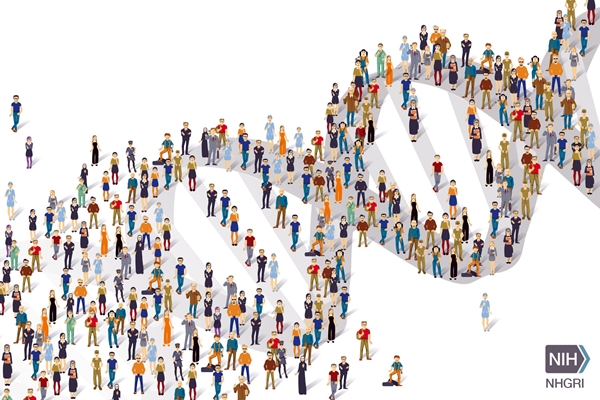20 December 2017. The country of Finland is conducting a nationwide genomic analysis of its population, collecting 500,000 blood samples from its 5.5 million citizens. The 6-year, €59 million ($US 70 million) FinnGen project is funded mainly with contributions from 7 international pharmaceutical companies.
FinnGen’s organizers say the country’s largely homogeneous population offers unique opportunities to study the connection between genomics and disease. The project plans to ask 500,000 Finns to donate blood samples, collected by biobanks across the country. Genomic information from the samples will then be matched to data in national health record registries to help identify new therapeutic targets and diagnostics, and encourage more personalized medicine.
The project is led by researchers at University of Helsinki and Helsinki University Central Hospital. Seven pharmaceutical companies — Abbvie, AstraZeneca, Biogen, Celgene, Genentech division of the Roche Group, Merck & Co., and Pfizer — are providing two-thirds of the funds for the study, while the Finnish Funding Agency for Innovation, known as Tekes, is funding the remainder. FinnGen’s organizers say its partners are working together to ensure appropriate transparency and data security.
As well as advancing the state of medicine in Finland, including personalized medicine, FinnGen is also expected to provide economic benefits. The project aims to provide a template for closer cooperation between the public sector and health care industry, and provide a boost to Finland’s business community. “Tekes wanted to support the project,” says Minna Hendolin, Tekes’s director of health and well-being in a FinnGen statement, “because of its potential to promote health care innovation and support the growth and internationalization of local businesses. In addition, the project makes Finland more attractive in the eyes of global businesses and investors.”
Results of the study are expected to benefit populations outside Finland as well. “Breakthroughs that arise from the project will benefit drug discovery programs and health care systems globally,” says visiting University of Helsinki genetics professor Mark Daly in an international FinnGen statement. “The combination of unique genetic heritage, decades of population-wide medical registry data and cutting-edge genomics position Finland as a global test-bed for medical research and innovation.” Daly is co-director of the Medical and Population Genetics Program at the Broad Institute, a joint medical research center of Harvard University and MIT.
FinnGen says the project complies with national data-protection laws and will follow the EU Data Protection Regulation when it takes effect in May 2018. Personal identities will be removed from data records, according to the project web site, and replaced by unique code numbers. Data from participants will be processed in a secure environment, monitored by security and data protection officers. In addition, says FinnGen, a multidisciplinary working group will be appointed to consider ethical and societal issues that may arise as the project proceeds.
More from Science & Enterprise:
- FDA Issues Draft Precision Medicine Trial Guidance
- MIT Building Statewide Health Innovation System
- Telemedicine Kiosks Opening at Retail Pharmacies
- FDA Approves Precision Solid Tumor Cancer Diagnostics
- Report: Health System Not Ready for Alzheimer’s Therapies
Update/disclosure: The author owns shares in Pfizer.
* * *


 RSS - Posts
RSS - Posts
You must be logged in to post a comment.